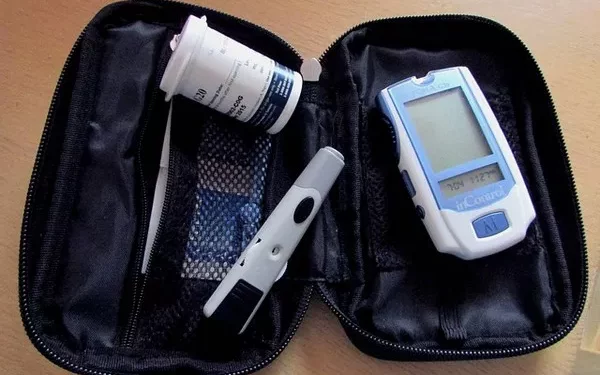Diabetes, a condition once rare in children, is becoming increasingly prevalent due to modern lifestyle changes. Busy lifestyles often lead to unhealthy eating habits, with reliance on fast food and processed snacks high in sugars and fats. Coupled with sedentary behavior from excessive screen time, these factors contribute to rising obesity rates, elevating the risk of diabetes among children.
Dr. Srinivas Kandula, Consultant Endocrinologist at CARE Hospitals in Hyderabad, emphasizes the importance of recognizing early symptoms and understanding the causes of childhood diabetes. “Children can lead active, fulfilling lives with diabetes by adopting a healthy diet and staying physically active,” he says.
Recognizing Early Symptoms
Parents should be alert to early warning signs of diabetes in children, including:
Excessive Thirst: Persistent thirst even after drinking fluids.
Frequent Urination: Increased need to urinate, often accompanied by bedwetting.
Sudden Weight Loss: Noticeable drop in weight despite a normal or increased appetite.
Understanding the Causes
Dr. Kandula outlines two main types of diabetes in children:
Type 1 Diabetes: This autoimmune disorder occurs when the immune system attacks insulin-producing cells in the pancreas. The exact cause is unclear, but it is believed to involve genetic and environmental factors, such as viral infections.
Type 2 Diabetes: Previously rare in children, Type 2 diabetes is increasingly diagnosed due to rising obesity rates. It is linked to lifestyle factors, including poor diet and lack of physical activity.
Effective Management Strategies
1. Balanced Diet
A nutritious diet is crucial for managing diabetes. Dr. Kandula recommends meals rich in whole grains, fruits, vegetables, and lean proteins. Avoid sugary drinks and snacks to maintain stable blood sugar levels.
2. Regular Physical Activity
Encouraging regular exercise helps regulate blood sugar levels. Activities like cycling, swimming, or playing sports for at least one hour daily can significantly benefit children with diabetes.
Dr. Kandula asserts, “With appropriate lifestyle changes and education, managing diabetes can be seamlessly incorporated into a child’s daily routine, enabling them to live a healthy and active life.”
By addressing these symptoms early and implementing effective management strategies, parents can help their children navigate life with diabetes successfully.
Related topics:
Groundbreaking DNA Discovery Offers New Perspectives on Diabetes Treatment

























